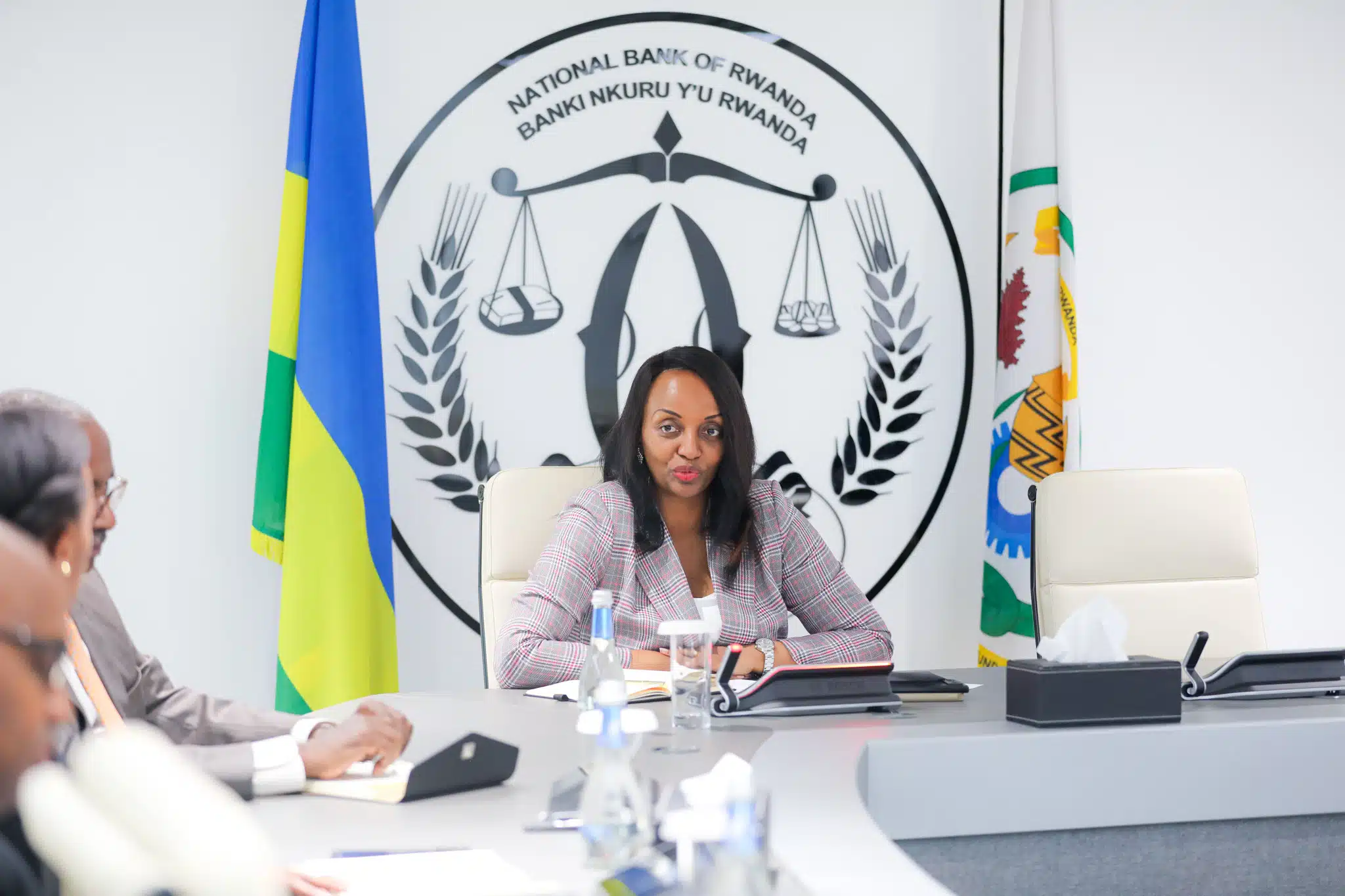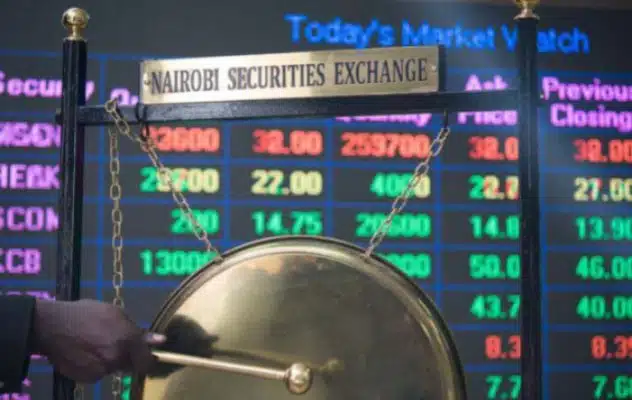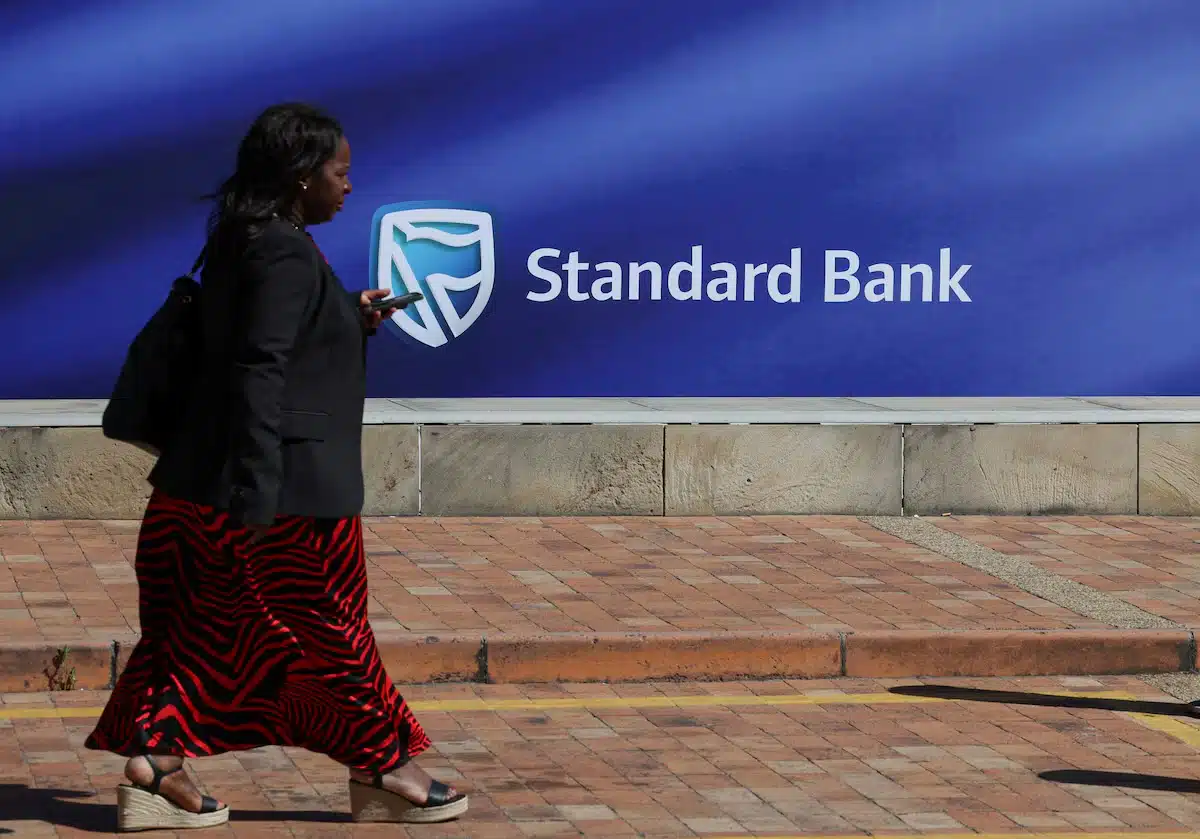Top Stories

A growing divergence between Nigeria’s foreign portfolio investments and FDI inflows has reawakened concerns about investor appetite for longer-term commitments in the West African economy.

Why carbon markets are emerging as a tool not just for emissions reduction, but for supporting jobs, infrastructure, and community development across Africa

Kenya is reviving negotiations with the US as its trade deficit with Washington widens sharply, underscoring growing pressure on Nairobi to rebalance trade flows with one of its largest export markets.
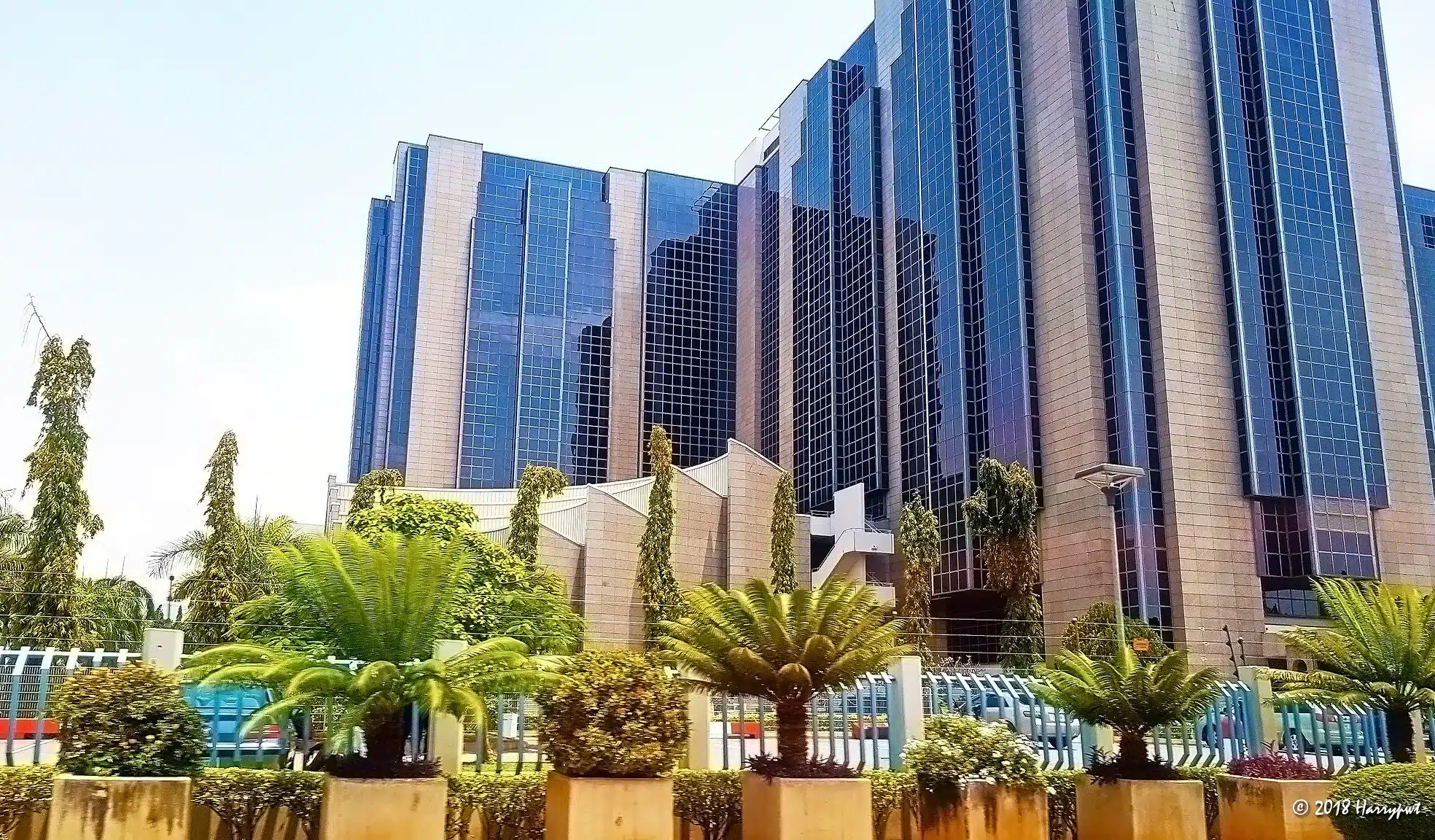
Nigeria’s fintech ecosystem is one of Africa’s most vibrant, with its nucleus positioned in Lagos. According to the 2024 annual data released by the Nigeria Inter-Bank Settlement System (NIBSS)…
Brand Press:
Y Combinator-backed fintech Bujeti has launched a tax management product…
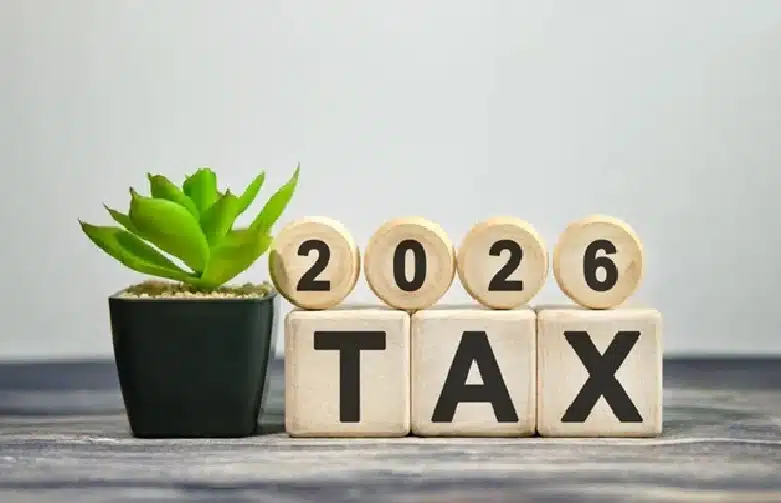
Planning to make contactless payments? Cardtonic Introduces Platinum Card to…

Target Yield offers Nigerians a disciplined goal-driven investment structure with…

In Nigeria’s fast-evolving financial ecosystem, one persistent challenge continues to…


You can post on Techpoint Africa too!
Post hereY Combinator-backed fintech Bujeti has launched a tax management product…

Planning to make contactless payments? Cardtonic Introduces Platinum Card to…

Target Yield offers Nigerians a disciplined goal-driven investment structure with…

In Nigeria’s fast-evolving financial ecosystem, one persistent challenge continues to…


You can post on Techpoint Africa too!
Post hereOther highlights
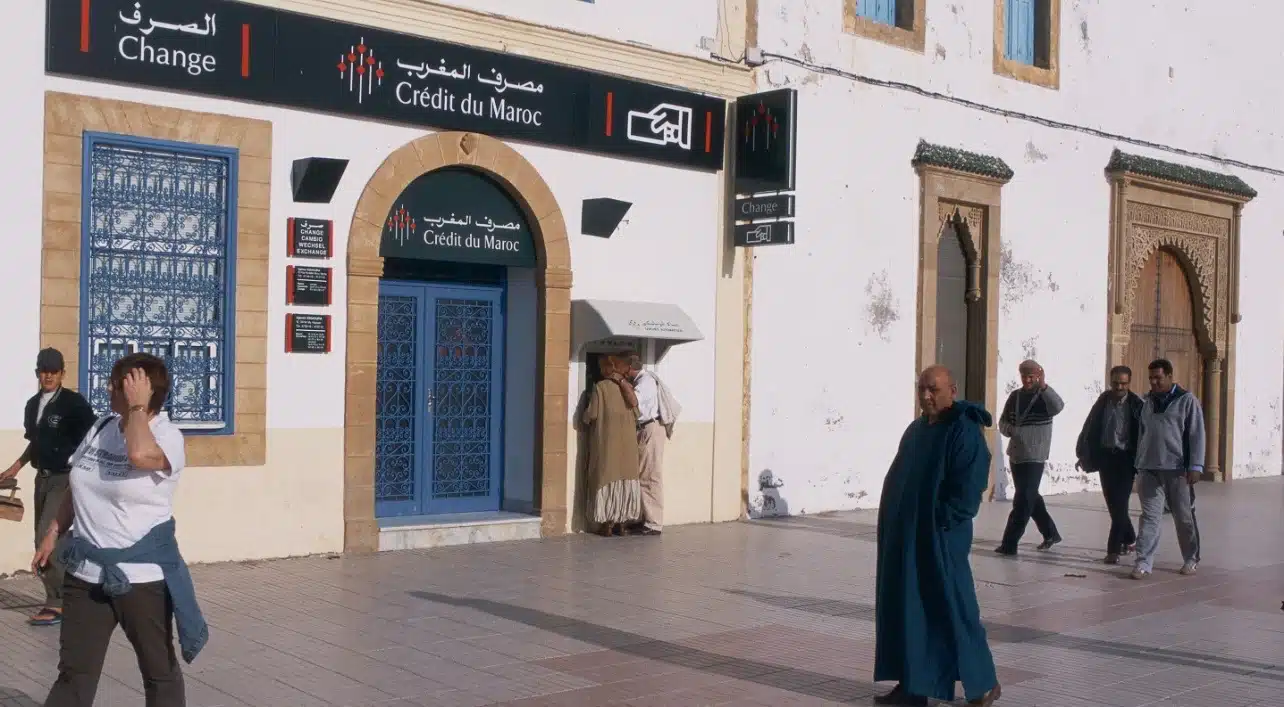
S&P Global expects Moroccan banks to step up lending to corporate borrowers in 2026 as large-scale infrastructure spending, pro-business reforms and steady economic growth create a more supportive operating backdrop.
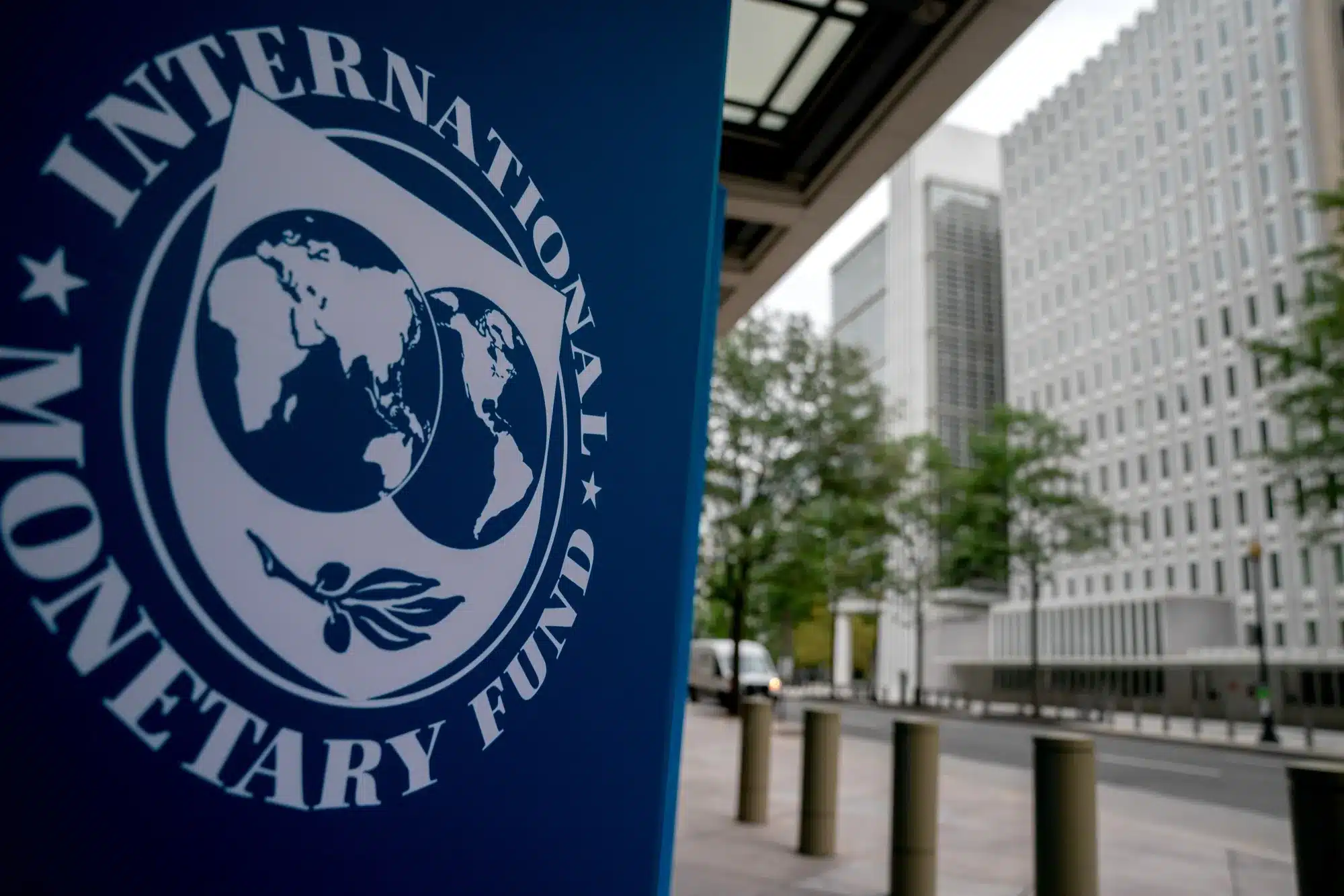
African governments are borrowing to drive growth, but rising debt costs and weak revenues are forcing tougher fiscal rules and sharper trade-offs between stability and development.
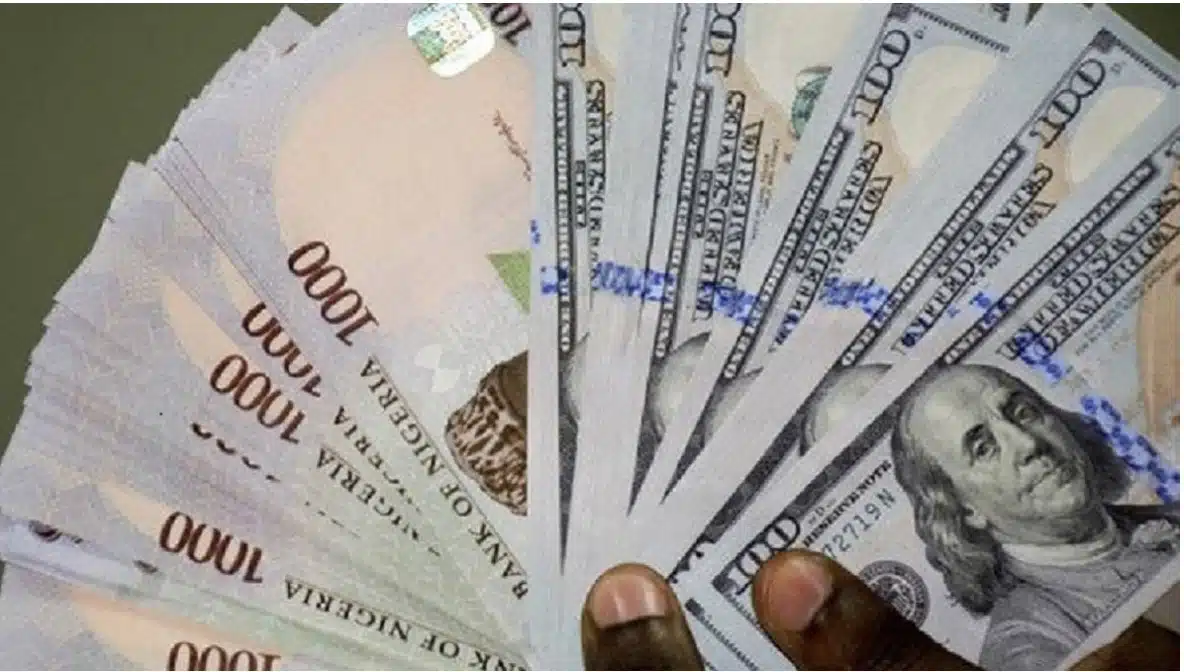
The majority of Nigerian chief executives are stepping into 2026 with growing confidence that improved business conditions at home will translate to stronger earnings to their organizations even as growth risks deepen.

Kofi Abunu says unreliable power and diesel reliance are embedding energy costs across storage, processing and distribution, keeping Nigerian food prices elevated.


